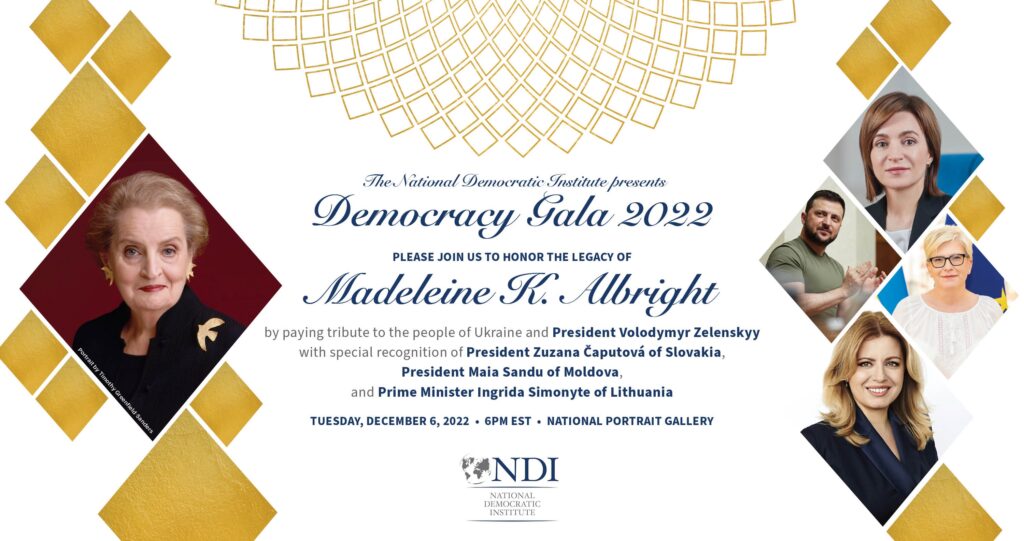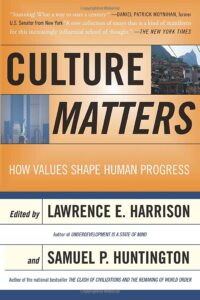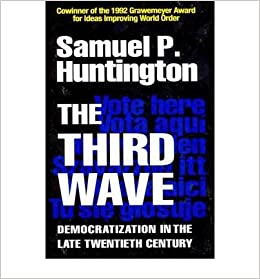
Why are some nations more democratic than others? How are democratic institutions, freedoms and values spread or lost? We tend to think of this variation in terms of geography—democratic Western Europe or autocratic Middle East. But a new study of 220 years of political data shows that deep cultural connections such as shared linguistic or religious ancestry matter more than geography, say analysts David Welch, Luke J. Matthews, Quentin Douglas Atkinson and Thanos Kyritsis.
 They studied 269 modern and historical nations and three widely-used democracy indicators – measuring democratic and autocratic authority in governing institutions (Polity 5), electoral participation and competition (Vanhanen Index) and individual rights and freedoms (Freedom House) – and found countries that share linguistic or religious ancestry tend to have more similar democracy scores. These shared cultural ties were better predictors of democracy than geography, especially during the third wave of democratization.
They studied 269 modern and historical nations and three widely-used democracy indicators – measuring democratic and autocratic authority in governing institutions (Polity 5), electoral participation and competition (Vanhanen Index) and individual rights and freedoms (Freedom House) – and found countries that share linguistic or religious ancestry tend to have more similar democracy scores. These shared cultural ties were better predictors of democracy than geography, especially during the third wave of democratization.
These effects were not just due to countries sharing a language (for example, the English-speaking world) or religion (such as the Sunni Islam majority countries), suggesting that deeper cultural connections are important. These effects could be the result of a number of processes, they write for The Conversation:
- One possibility is that countries directly inherited institutions along the same pathways they inherited cultural features like language. For instance, Commonwealth countries inherited the British legal system along with the English language.
 Another possibility is that cultural similarities might make countries more likely to maintain ongoing social connections, including foreign relations, which then aid the spread of institutions. For example, the Arab Spring spread among a set of countries with common linguistic and religious heritage.
Another possibility is that cultural similarities might make countries more likely to maintain ongoing social connections, including foreign relations, which then aid the spread of institutions. For example, the Arab Spring spread among a set of countries with common linguistic and religious heritage.- A third possibility is that inherited cultural values could steer countries towards similar institutions. For example, in previous research we found that tolerance of diversity (cosmopolitan values) promotes a shift to more democratic institutions, but the reverse is not true. Democratic institutions do not shift tolerance.
This means those wishing to advance or support democracy should not assume that institutions that work well in one cultural setting can be easily transplanted to another, very different setting, with different values, norms and traditions. We should pay more attention to culturally closely related countries that have succeeded at merging local norms and values with democratic institutions, they conclude. RTWT

Madeleine Albright
The National Democratic Institute hosts its 2022 Democracy Gala (above) on December 6 at the National Portrait Gallery in Washington, DC. This historic event will honor the legacy of Madeleine K. Albright by paying tribute to the people of Ukraine and President Volodymyr Zelenskyy with special recognition of President Zuzana Čaputová of Slovakia, President Maia Sandu of Moldova, and Prime Minister Ingrida Simonyte of Lithuania. Full details here.







